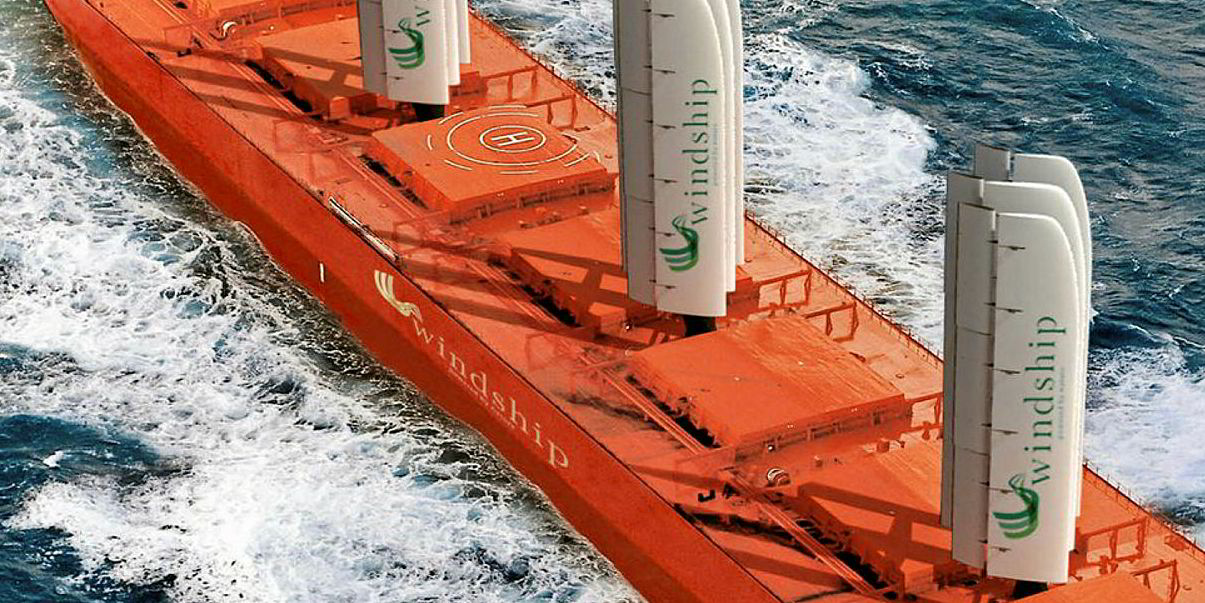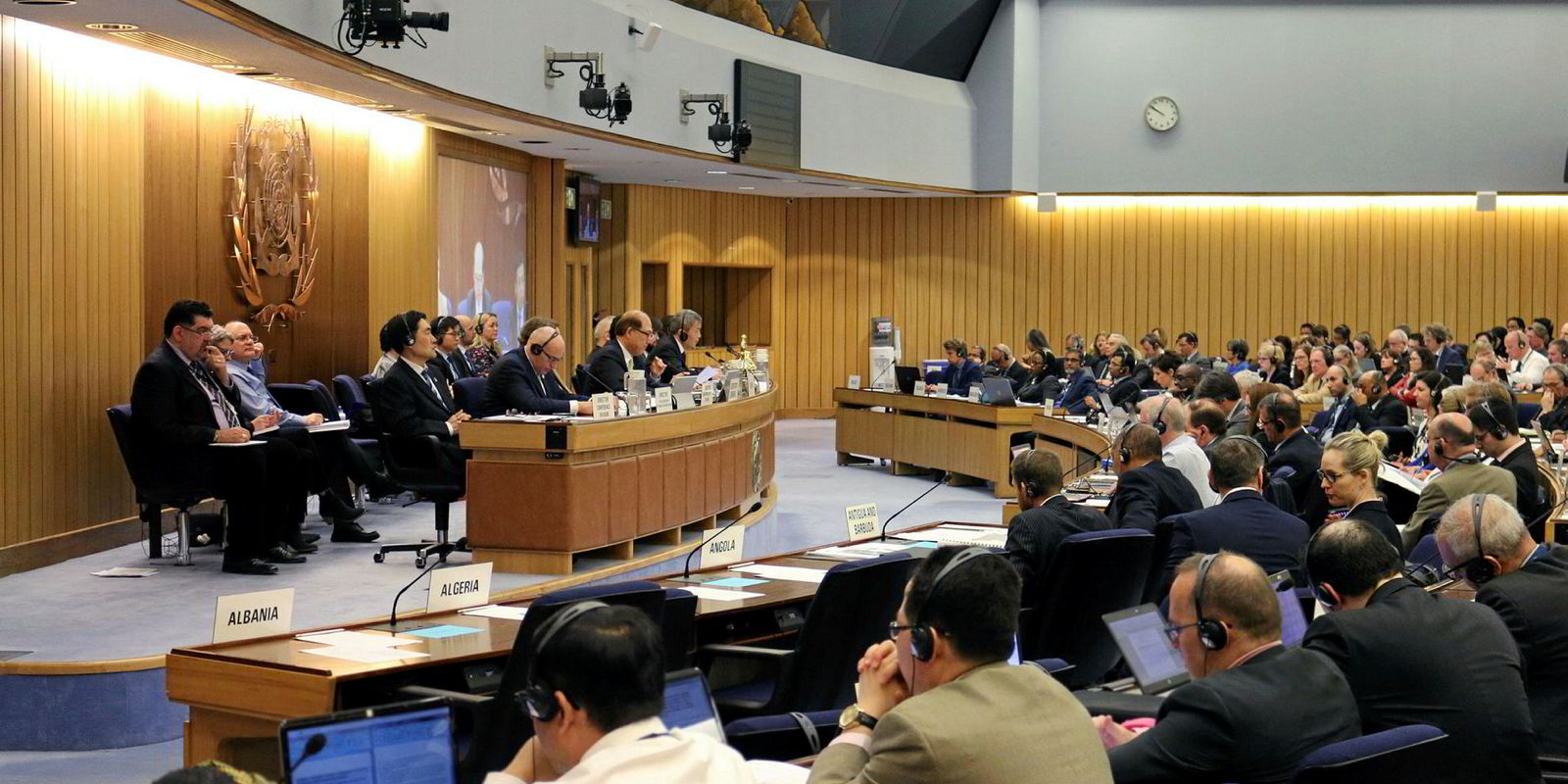A number of projects are being developed that are expected to help shipping achieve its goal of cutting its emissions in half.
Next week, discussions will open between the World Bank and International Monetary Fund (IMF) in Washington DC on a possible carbon pricing system for shipping.
It is part of ongoing efforts to develop a market-based mechanism (MBM) to incentivise shipowners to reduce fuel consumption or shift to alternative fuels and reach the IMO goal of cutting shipping’s greenhouse gas emissions by at least 50% by 2050.
The two banks are expected to use the meeting to disclose their initial findings on maritime carbon pricing.
The two main alternatives will be a global emissions trading scheme or a simple carbon tax on fuel oil — the latter being the preferred option of shipowners.
The proceeds of that tax would be used to help developing countries to achieve carbon emission-free shipping.
The collation of data on individual ship fuel usage and carbon emissions, which began with last month’s launch of the IMO’s global Monitoring Reporting and Verification (MRV) scheme, could play a part in developing the MBM.
Another use of the MRV data collection will be not only to monitor shipping’s progress on reducing CO2 emissions but also possibly to progress towards the development of mandatory minimum operational efficiency standards for ships.
Shipowners are likely to challenge any attempts to force them to declare the efficiency of their vessels but it could provide a quick way to reduce emissions.
The operational efficiency standard is seen as a method of encouraging the removal of ships with the most inefficient fuel consumption to cargo capacity ratio and replace them with super-efficient, low fuel consumption or alternative carbon emission-free fuel ships.
Owners could also opt to slow steam as a method of reaching the minimum operational efficiency standards, which again would significantly impact on emissions.
The efficiency standards for newbuildings will be set by the upcoming phase three and phase four of the energy efficiency design index (EEDI).
The efficiency standards for fossil fuel-powered ships are still being adjusted for phase three of EEDI, which starts in 2025, and a possible phase four to begin in 2030.
But with the IMO having committed to pushing the market towards non-fossil-fuel ships, the general feeling is that phases three and four will be set at a high level that encourages shipowners to invest in alternative fuel vessels.





